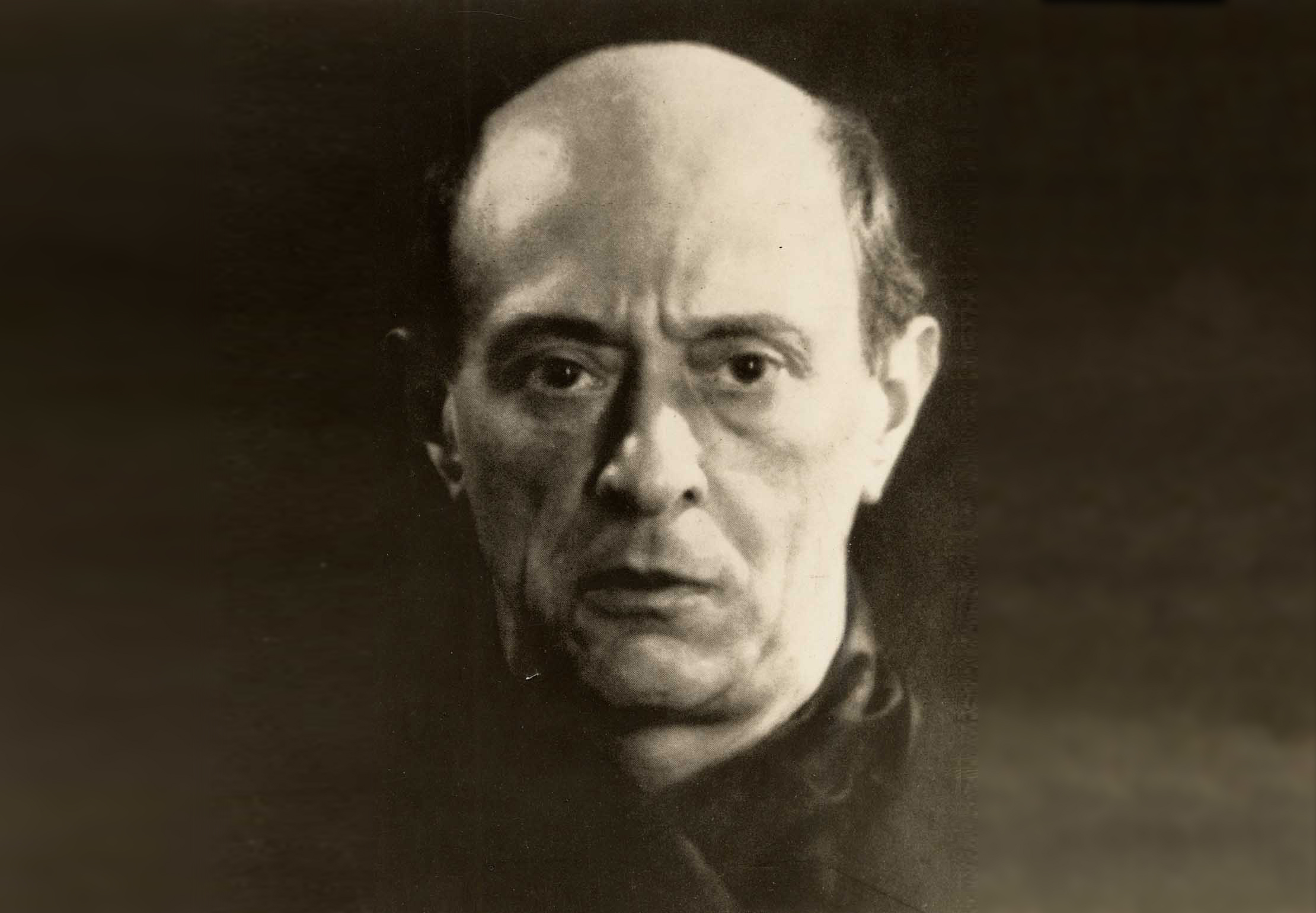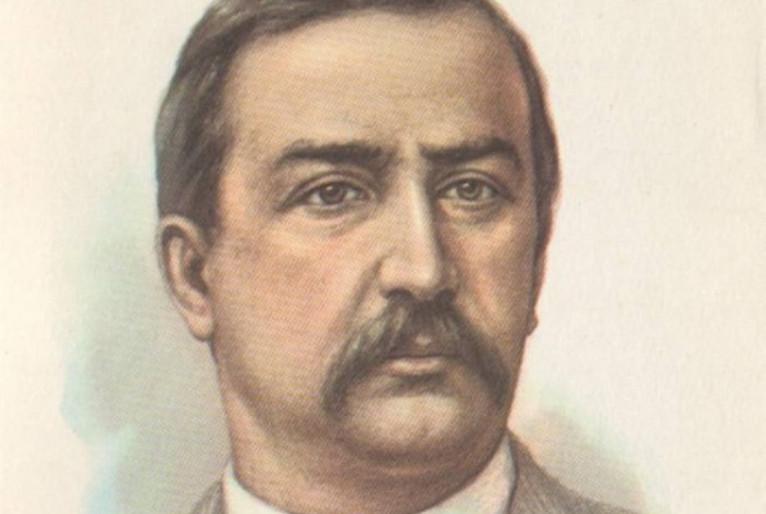In the annals of musical history, certain names stand out as pioneers who challenged the conventions of their time, pushing the boundaries of composition and forever altering the course of music. One such figure is Arnold Schönberg, a revolutionary composer who defied traditional tonality and forged a new path for the future of music. Join us on a journey through the extraordinary life and work of this musical visionary. Arnold Schönberg was born on September 13, 1874, in Vienna, Austria, into a modest Jewish family. His childhood was marked by tragedy and struggle, losing his father at a young age. However, Schönberg's passion for music blossomed early on, and he dedicated himself to its pursuit. He studied composition and harmony with prominent figures such as Alexander von Zemlinsky, imbuing him with a deep appreciation for the Romantic repertoire.
In the realm of Russian classical music, few names evoke such admiration and intrigue as that of Alexander Borodin. As a composer, chemist, and dedicated advocate for women's education, Borodin led a remarkable life that left an indelible mark on the world of music. His compositions continue to captivate audiences with their lush melodies, evocative harmonies, and distinctive Russian spirit. Join us as we delve into the fascinating biography of Alexander Borodin, a true master of the Romantic era. Born on November 12, 1833, in Saint Petersburg, Russia, Alexander Porfiryevich Borodin was raised in an environment that nurtured both his scientific and artistic talents. Despite initially pursuing a career in chemistry, he couldn't resist the allure of music, which soon became his lifelong passion. Borodin's fascination with Russian folk music, coupled with his exposure to Western European compositions, laid the foundation for his unique musical style.

